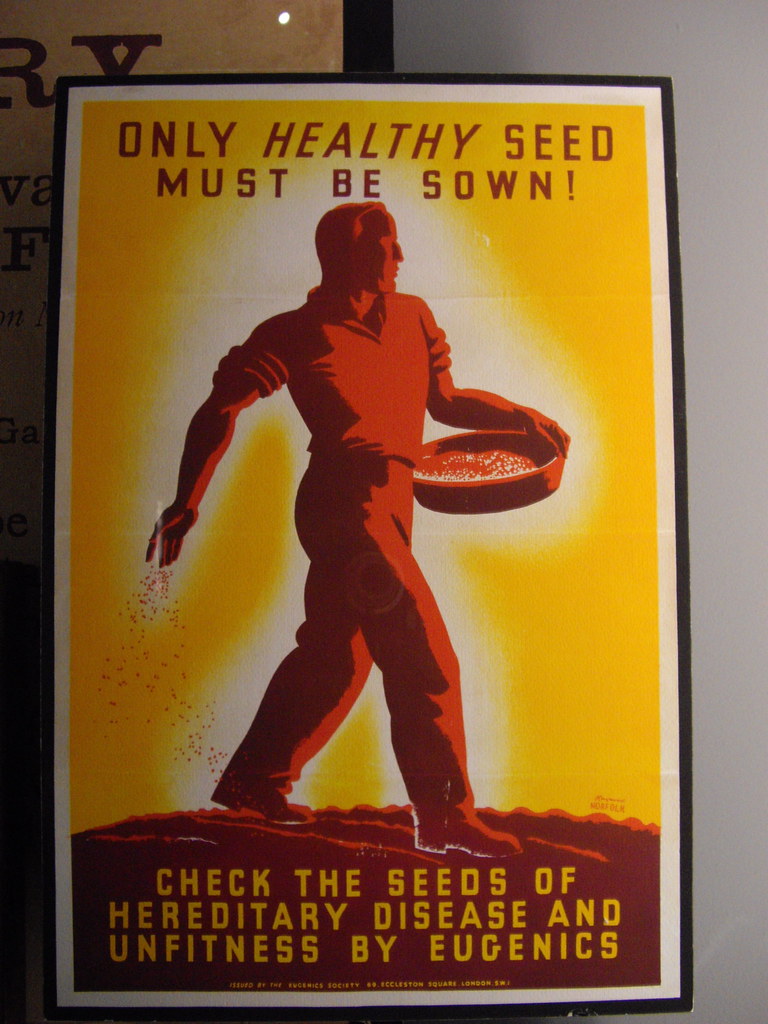Image by Gennie Stafford from Flickr
These days, it’s a rare scientist who would admit to working in eugenics.
The word conjures historical horrors: mass sterilization of people judged unfit to reproduce, state anti-miscegenation laws, and Germany’s justification for the Holocaust.
But to Osagie K. Obasogie, a professor of law and bioethics at UC Berkeley, the discredited theory that selective breeding can—and should—be used to improve the human race lives on in hidden but insidious ways. And he wants to bring those ideas in science and medicine out of hiding, in a national conversation that will prevent the repetition of the past.
“Few people today will call themselves eugenicists,” said Obasogie, Haas Distinguished Chair and professor of law; who also holds a joint appointment at the School of Public Health and the UC Berkeley/UCSF Joint Medical Program. “However, it’s not uncommon for mainstream scientists to embrace some of the ideas, ideologies and practices that would be imminently familiar to a eugenicist of the past.”
Reproductive technologies that purport to help parents select embryos with particular traits concerning, for...




